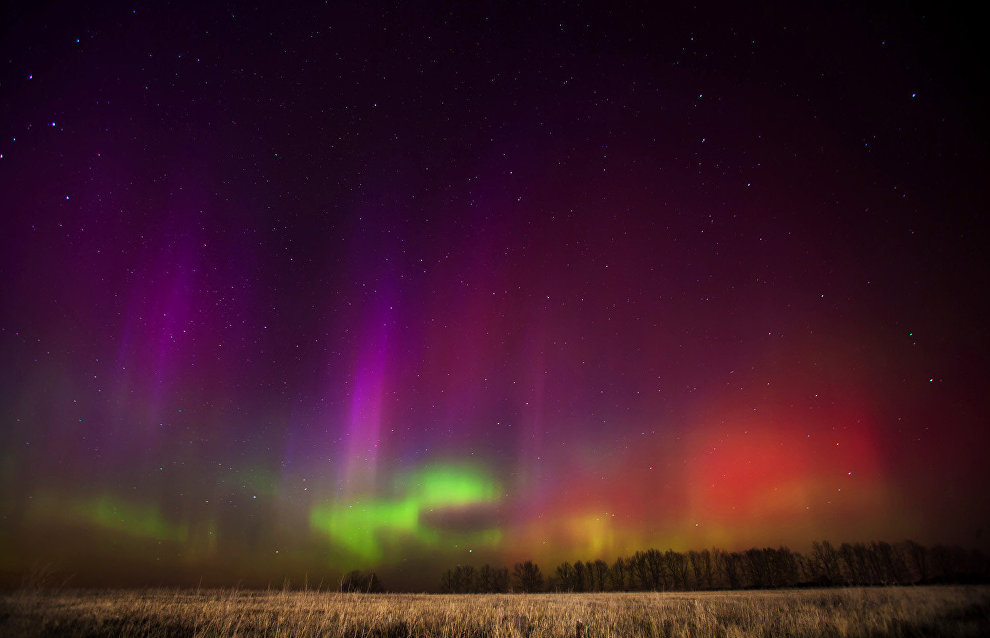Scientists in Yakutia to study the Earth’s magnetic north pole
The Samoilovsky Island Research Station (RS) in the Lena River delta, which has been researching Yakutia permafrost for ten years, will begin studying the Earth’s magnetic north pole.
The new area of focus will result in unique research into the magnetic north pole, which is currently moving towards Russia’s Arctic coast, according to the press service of the Institute of Petroleum Geology and Geophysics (IPGG) of the Siberian Branch of the Russian Academy of Sciences (SB RAS).
The institute has planned a number of measures to maintain and develop the station. Scientists believe that it is important to make better use of the station’s potential, given that it operates year-round, rather than conduct research during the summer months alone. Year-round measurements will be needed for the upcoming carbon test site and magnetic observatory. The latter will make it possible to conduct unique research into the magnetic north pole, which is currently shifting towards Russia’s Arctic coast.
According to IPGG Deputy Director Dr. Anton Duchkov, the research station will also engage in applied research in such areas as renewable energy, materials science, and geotechnical monitoring under Arctic conditions.
Repairs and new pavilions for a magnetic laboratory will be needed for this. In addition, the station will need new specialized equipment and transport vehicles. All of this will make it possible to expand the volume and subject matter of the research in the Lena River delta. The first few steps to implement the program have been made, with the IPGG receiving 55 million rubles in subsidies to buy fuel and lubricants for the station to sustain it during the next few months. Another subsidy of 5.5 million rubles has been provided by the Russian Federation Ministry of Science and Higher Education with an eye to replacing the station’s diesel generators.
